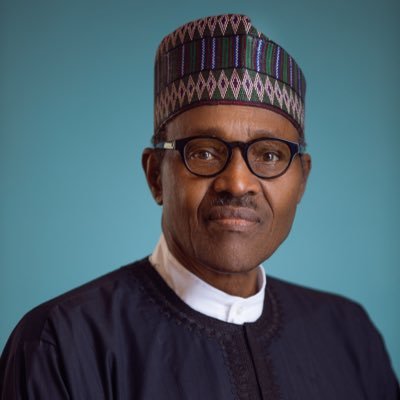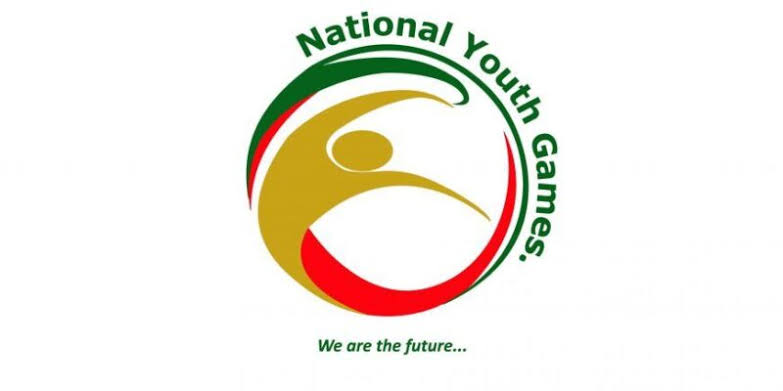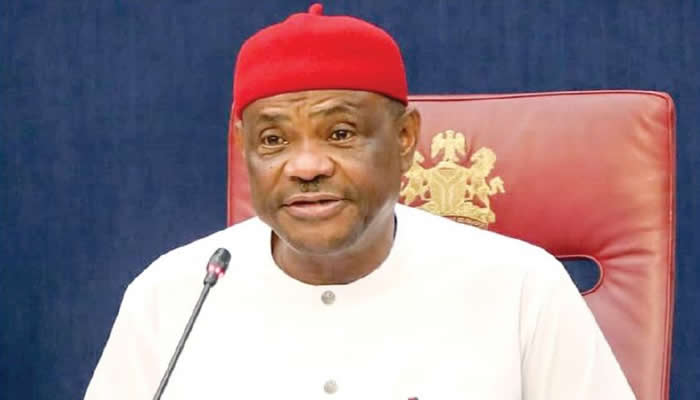
Tears in the Nation: Tinubu Dispatches Shettima to London Following Buhari’s Death at 82

In a tragic and unexpected turn of events that has shaken the Nigerian nation to its core, former President Muhammadu Buhari has been confirmed dead at the age of 82. His passing occurred in London on the afternoon of Sunday, July 13, 2025, and was officially acknowledged by President Bola Ahmed Tinubu, who swiftly issued a directive for Vice President Kashim Shettima to depart immediately for the United Kingdom. The move underscores the gravity of the moment, as Nigeria enters a state of national mourning and begins the process of honoring the legacy of one of its most iconic political figures.
The news broke on Sunday evening with a sombre announcement from the Presidential Villa in Abuja, where President Tinubu, surrounded by top officials and aides, confirmed the passing of his predecessor and longtime political ally. Reports indicate that Buhari, who had traveled to London several weeks prior for what was described as a routine medical check-up, succumbed to age-related complications at a private hospital. Although speculation about his health had been quietly circulating for days, the final confirmation came with a wave of national sorrow and international reactions.
Immediately after confirming the death, President Tinubu ordered Vice President Shettima to fly to London without delay. Sources within the presidency said Shettima was tasked with overseeing arrangements in conjunction with Nigerian diplomatic officials and the Buhari family, ensuring that the former president is honored with dignity and that all necessary repatriation protocols are observed. The sudden assignment has added to the emotional weight of the moment, reflecting not only the magnitude of Buhari’s stature but also the urgency with which the administration intends to handle his final journey back home.
In Abuja, Lagos, Kano, Daura, and other parts of the country, Nigerians have taken to the streets, radio stations, social media, and places of worship to express their grief, shock, and condolences. The atmosphere has been thick with emotion as citizens recount memories of Buhari’s decades-long influence on Nigerian politics and governance. From his days as a military ruler between 1983 and 1985 to his return as a democratically elected president in 2015, Buhari’s imprint on the Nigerian landscape has been nothing short of monumental. Supporters remember him as a man of discipline and anti-corruption zeal, while critics often pointed to the economic and security challenges that marred parts of his administration. But in this moment of loss, the nation has largely set politics aside to reflect on the passing of a man who helped shape modern Nigeria.
Security has been tightened across major airports and diplomatic outposts as high-level government figures, foreign envoys, and dignitaries prepare for what is expected to be a state-level reception of Buhari’s remains. The presidency has not yet confirmed the exact schedule for his repatriation or funeral, but a statement from the Ministry of Information suggests a national day of mourning will soon be declared, with flags to be flown at half-mast nationwide. President Tinubu is also expected to address the nation in a televised speech to formally eulogize the late statesman and provide details of a federal committee that will oversee funeral proceedings.
Meanwhile, in Buhari’s hometown of Daura in Katsina State, the emotional toll has been especially heavy. Locals gathered in large numbers near the family compound, reciting prayers and weeping openly. Traditional rulers and clerics are already in discussions regarding the cultural rites that will be observed upon the return of the former president’s body. The Emir of Daura, Alhaji Faruk Umar Faruk, has described Buhari’s death as “a great loss not just to Daura, not just to Katsina, but to the whole of Nigeria and Africa.” Residents who grew up watching Buhari ascend from a young military officer to the pinnacle of Nigerian leadership now feel the full weight of history resting on their shoulders.
In London, the Nigerian High Commission has become a focal point for grief and coordination. Officials there confirmed that Vice President Shettima is expected to arrive within hours to meet with British authorities, hospital officials, and members of the Buhari family. Security around the facility has been enhanced, and condolence registers are being opened for both physical and digital entries. As news of Buhari’s death spreads globally, world leaders have begun sending in their tributes. Messages have poured in from across Africa, the European Union, the United States, and the United Nations, acknowledging Buhari’s unique contributions to the fight against corruption, regional peace efforts, and democratic transitions in Africa.
While many political observers have long predicted that Buhari’s legacy would be debated for generations, his death has fast-tracked the national dialogue around his impact. Economists, historians, politicians, and civil society activists have already begun weighing in on what Buhari truly meant to the Nigerian story. For some, his no-nonsense demeanor and spartan lifestyle were a refreshing break from elite excesses; for others, his two-term civilian rule was marred by rising inflation, persistent insecurity, and concerns over press freedom. Nonetheless, the tone in the public sphere has shifted toward unity and respect as the country processes the news of his death.
Buhari’s final years were marked by retreat from active political life, although he continued to serve as a moral figure within the All Progressives Congress (APC), the party he helped establish. He largely stayed out of public controversies after handing over to Tinubu in May 2023, but remained a figure whose presence loomed large in national consciousness. His frequent trips to London for medical care, often criticized while he was in office, had in some ways become a familiar part of his later public image—culminating, tragically, in his death far from home but still deeply connected to the heart of Nigeria.
As Nigeria braces for an official mourning period and the arrival of Buhari’s body, a deep silence has fallen over much of the nation. The death of a former president is always a moment of reckoning, and in this case, it has stirred memories of old battles fought, policies launched, and a complex legacy left behind. Vice President Shettima’s mission in London will likely be the first step in what will be a week of national remembrance, high-level ceremonies, and ultimately, a funeral that will bring together Nigerians from all walks of life.
For now, the country mourns. Muhammadu Buhari, General, President, elder statesman, and father of the nation, has taken his final bow. And with tears in their eyes and prayers on their lips, Nigerians begin the hard task of saying goodbye.


